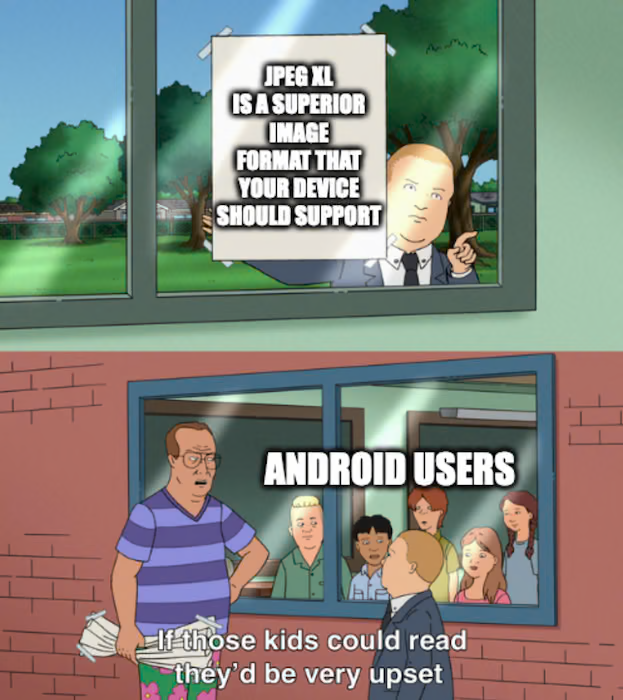

indeed


indeed


there is https://opennic.org/ but I don’t know how they deal with stuff


just like AI Gore


none of those technologies that you mentioned execute on the browser at all
sounds like you haven’t met webassembly yet :D
please don’t take this as a recommendation to use that, but it does exist.


what about young people over 30 though?


that’s odd, my (indirect, reported by others) experience with GlobalProtect on Linux was mostly fine, although when using SAML it only really works with the GUI version and not the CLI version
it’s clearly 3, stop spreading misinformation


this is probably somehow related to changes introduced somewhere in 0.19.4, I’ve been seeing this for months at this point, as we’ve been on a 0.19.4 pre-release relatively early due to done federation issues
fwiw, every week or so there is a scheduled task that permanently overwrites contents of deleted comments.
fyi @freamon@lemmy.world


The OEM version is working fine, as the drivers are embedded there. My point was that without this recovery partition you tend to run into issues on newer devices, as the MS bundled drivers get updated only infrequently.


even on Windows 10/11, I’m still frequently hearing about issues at work where the necessary ssd drivers are only included in the default windows installer (not the recovery shipped with the device) like half a year later. at least with Dell this seems to be a common theme.


here’s also some more context and explanation about what’s going on:
https://fedi.fyralabs.com/notes/9psdqurvye
https://fedi.fyralabs.com/notes/9psnooe6p1
https://fedi.fyralabs.com/notes/9pth6oh3xr
I ate fiber but now my internet is down. what do I do?
it sure is possible, but not with the amount of work anyone would be willing to put into it.
i don’t want to go to all that effort



your app seems to be doing weird things then.
the original comment is by user @soundingcock@lemm.ee, who spams links to gore in comments.
you can just turn it off, see https://help.kagi.com/kagi/settings/general.html


true, my comment was primarily from the perspective of the recipient of tracking links
you can also just check
dpkg -L $installed_package_name | grep /etc/apt/to find files that would have been installed by the package there.